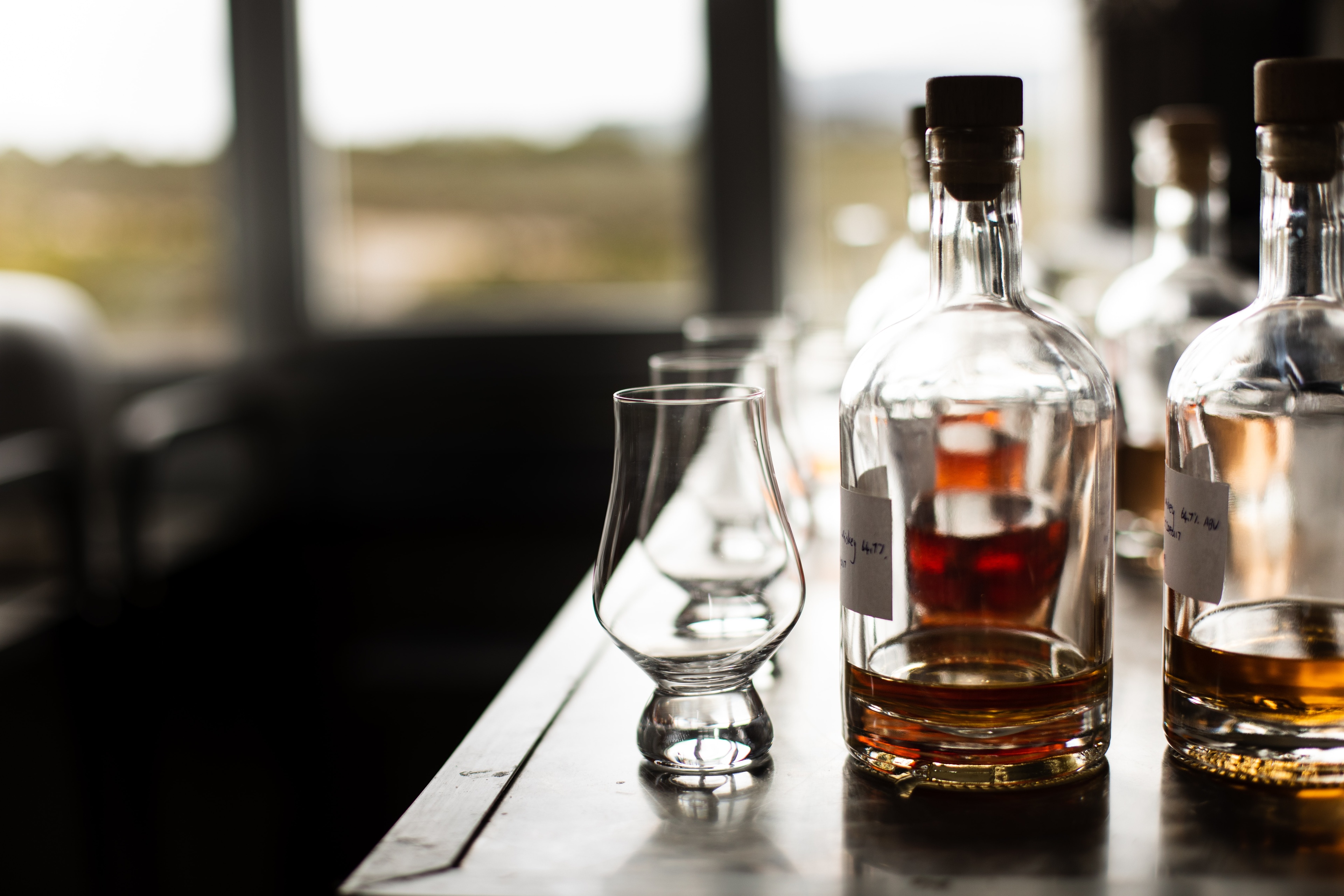Can Underage Alcohol Abuse Be Prevented?


Underage drinking poses severe risks, including long-term health problems and death. Contact The Forge today to see how our programs can help!
Did you know that underage alcohol abuse is a significant factor in the deaths of people younger than age 21 in the United States?
This includes deaths resulting from medical complications due to excessive alcohol consumption or driving under the influence among individuals below the age of 21.
In this case, the most critical question is, is there any effective way to prevent underage drinking and all the consequences that come with it? Following are some of the most frequently asked questions regarding underage drinking in the United States.
What Is Considered Underage Drinking?
According to the Centers for Disease Control and Prevention (CDC), the minimum legal drinking age in the United States is 21 years. This means that an individual must be 21 years of age to purchase alcoholic beverages, publicly consume them, or order them at restaurants or bars.
The purchase or consumption of alcohol below the age of 21 in the United States is considered illegal and is known as “underage drinking.”
The National Minimum Drinking Age Act was passed by Congress in 1984, legally establishing 21 as the legal alcohol consumption and purchase age in the United States of America.
Why Is It Important to Prevent Underage Drinking?
There are two main reasons why the prevention of underage drinking is critical:
Prefrontal Cortex Development During Puberty: The brain does not fully develop until an individual reaches 25 years of age. However, it does undergo some significant changes during puberty, and many factors can negatively influence these changes — one of them being excessive alcohol consumption. Alcohol and addictive substances can potentially change the way the neurons communicate with one another throughout the nervous system, especially during the development of this prefrontal cortex.
Adverse Childhood Experiences: Commonly known as childhood trauma, Adverse Childhood Experiences (ACEs) include any traumatic, emotionally damaging, or stressful events occurring in a child’s life before the age of 18. These events can change how our brain is wired and how our neurons communicate with one another.
These changes can also make a person more vulnerable and drawn towards alcohol and drug consumption. If drinking or drug use is initiated at a young age, there are greater chances of experiencing addiction later in life.
There is a direct link between underage drinking and adverse childhood experiences; the more trauma a child has experienced, the more vulnerable they are to consuming alcohol. Childhood traumas are also linked to the development of various mental health disorders, depression, and other systemic issues.
Are There Resources to Help Prevent or Regulate Underage Drinking?
As a community, we can help prevent underage drinking by:
Getting Organized
Work on underage drinking as a community health and safety problem that everyone can solve together.
Organize groups to change community thinking about underage alcohol use. Support the message that underage drinking is not okay.
Work with sponsors of community events to help them send the message that underage drinking is not allowed.
Sharing Knowledge
Get the word out about policies to prevent underage drinking. This includes age checks for people buying alcohol, including on the Internet.
Help people learn about the latest research on underage alcohol use. Include information about the dangers of youth alcohol use for teens and others. An informed public is key to ending underage drinking.
Teach young people about the dangers of underage alcohol use. Support programs that help teens already involved with drinking.
Taking Action
Work to change community attitudes about underage drinking.
Focus as much community attention on underage drinking as on tobacco and drug use.
Work with State, Tribal, and local groups to reduce underage drinking.
Make it easier for young people involved with or at risk for underage drinking to get help.
There are also several organizations committed to the prevention of underage drinking and providing adequate resources to young individuals seeking help. The most prominent of these in the United States include:
Substance Abuse and Mental Health Services Administration (SAMHSA)
Interagency Coordinating Committee on the Prevention of Underage Drinking (ICCPUD)
The CDC and the US Department of Health also provide resources for underage drinking prevention.
What Are Some of the Most Common Reasons Why Teenagers Abuse Alcohol and Drugs?
Many parents tend to get infuriated when they learn about their teenagers indulging in frequent alcohol consumption. It is crucial to note that if an underlying factor has forced the teen to start drinking, then simply yelling at them will not help.
Following are some of the most common reasons why teenagers abuse alcohol and drugs:
Secondhand drinking and social drinking
Toxic stress
Childhood trauma
History of abuse (mental, verbal, physical, or sexual)
Eating disorders
Cultural and media influence (via videos, song lyrics, celebrity lifestyles, etc.)
Peer pressure
Addiction to the euphoria or “buzz” experienced right after consuming a drink
To blend in with a particular group of people
It is crucial to shed light on all aspects of alcohol consumption, especially when it starts at such an early age.
Underage Drinking: A Pathway To Adult Alcohol Use Disorders
Underage drinking is a significant problem in the United States. At The Forge Recovery Center, we are dedicated to raising awareness regarding the factors that increase the likelihood of alcohol dependency, the way it affects the human brain and other organs, how it changes the way a person thinks and behaves, and all the ways in which it can be effectively prevented.
If you have a teenager showing signs of alcohol dependency, reach out to The Forge Recovery Center. While we do not treat adolescents, we can help you find resources that are suitable for you and your family.
Call us today for more information.
Are You Struggling with Mental Health or Addiction?
We Can Help. Call Us Now!
CALL: 877-839-1772





